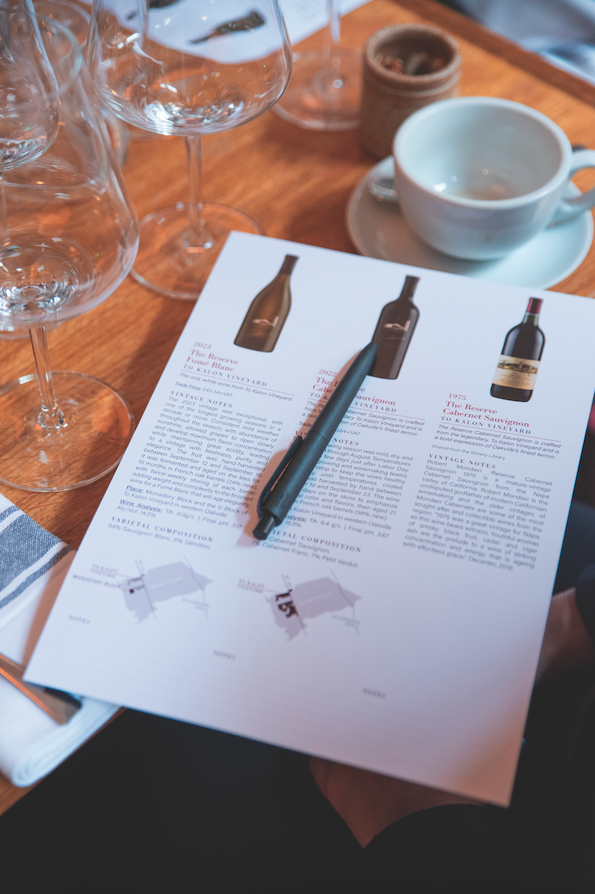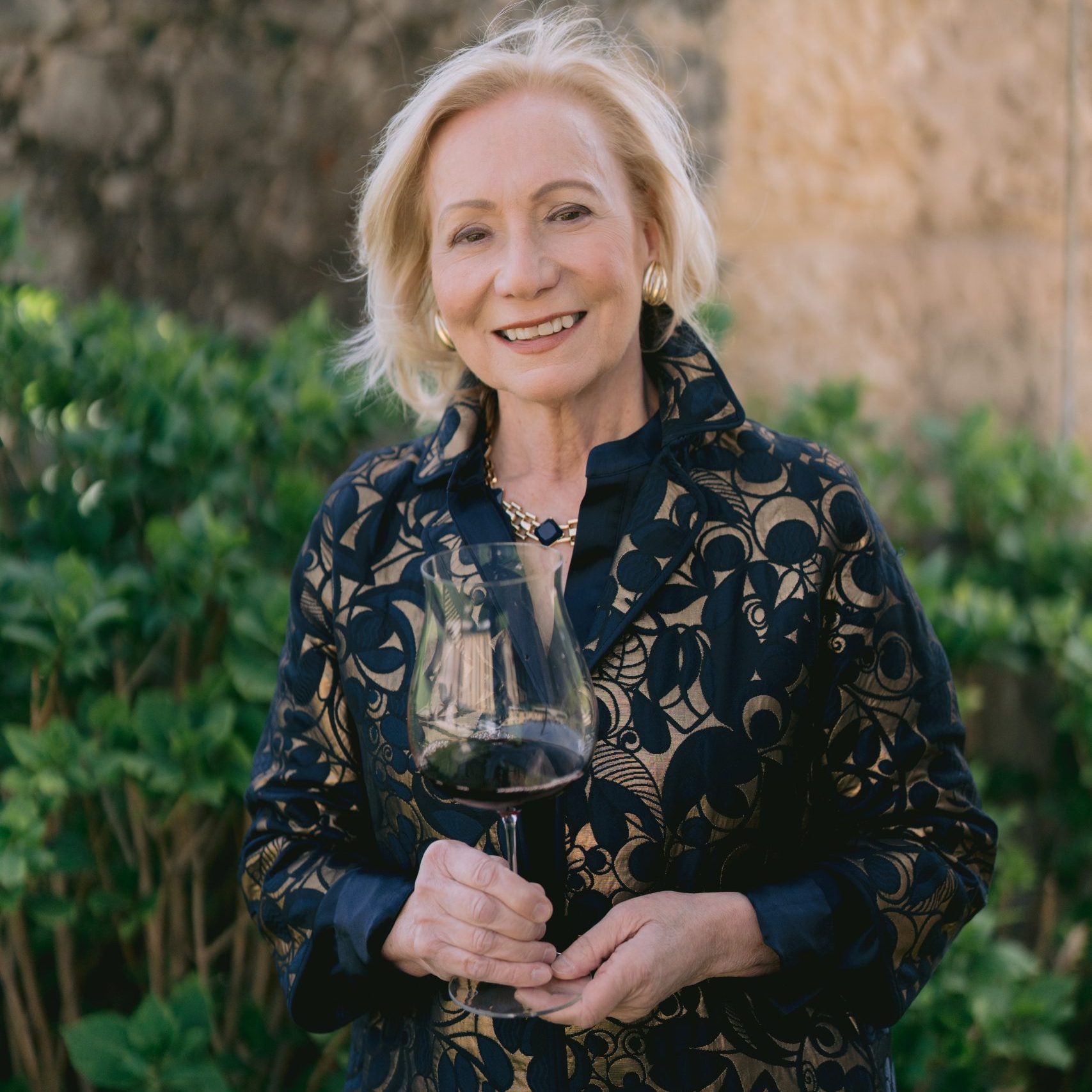The Queen’s English fizz sells out
The Queen’s English sparkling wine, Windsor Great Park, has proved such a success that Laithwaite’s is taking pre-orders for the eagerly awaited second batch.
The 2013 sparkler made its debut in 2016 to mark the Queen’s 90th birthday and soon sold out at Laithwaite’s, priced at £75 for a three-bottle gift set.
Some 3,000 bottles of the Berkshire-grown bubbles were produced, made from Chardonnay, Pinot Noir and Meunier grown on her majesty’s estate in Windsor.
Laithwaite’s is currently taking orders for the Queen’s second release – the 2014 vintage, priced at £35 a bottle, with deliveries expected this autumn.
The Chardonnay dominant blend is said to boast notes of “toasted brioche, lemon and apricot”.
In 2011 four hectares of the Windsor Great Park Estate were planted with 16,700 Chardonnay, Pinot Noir and Meunier vines with the intention of making English sparkling wine.
“We’re delighted Windsor Great Park has proved so popular among our customers and we look forward to releasing the second vintage later this year,” said Laithwaite’s CEO David Thatcher.
The Duke of Edinburgh keeps a close eye on the development of the vineyard in his role as the head ranger of the park.
Partner Content
The project is a collaboration with Laithwaite’s, which distributes the wine, and Ridgeview in East Sussex, where the wine is made. Production is set to rise to 20,000 bottles by 2024.
This isn’t the first time grapes have been grown at Windsor Castle – King Henry II cultivated grapes there in the 12th century.
English sparkling wine hit the national headlines last week when it emerged that Bob Lindo of Camel Valley in Cornwall is working towards registering the term ‘British Fizz’ as a protected geographical indication (PGI).
The idea was met with skepticism in the trade, with some believing the name fails to reflect the quality English sparkling wine producers are working so hard to uphold and fearing associations with ‘British wine’ made from imported grapes.
Miles Beale, chief executive of the Wine and Spirit Trade Association, dubbed Lindo’s ‘British Fizz’ PGI application a “side show”.
“Any application for a ‘British Fizz’ PGI is a side show right now – especially while it does not have the full support of the English sparkling wine industry and when we are just weeks away from triggering Article 50,” he said.




